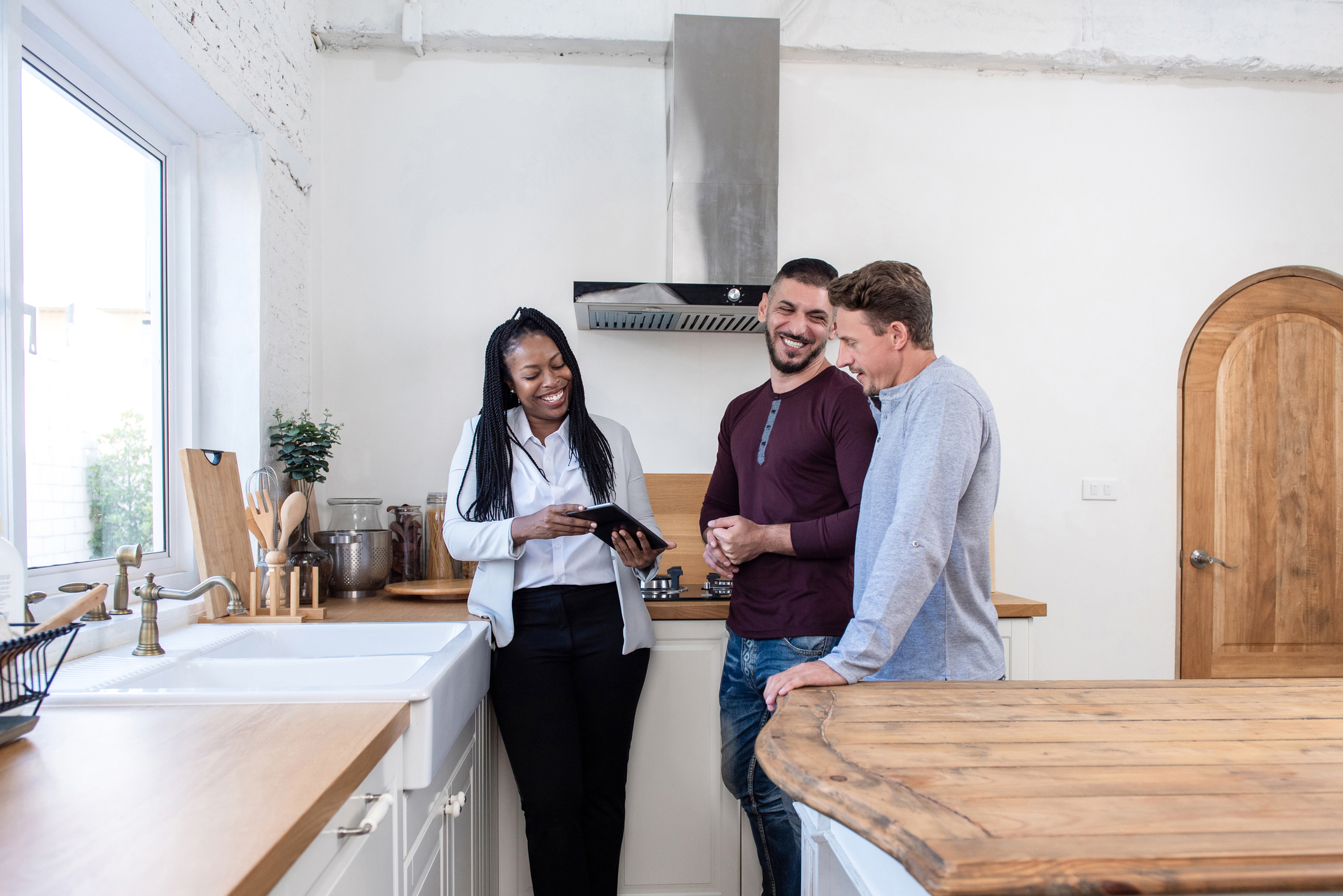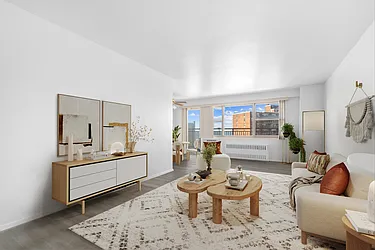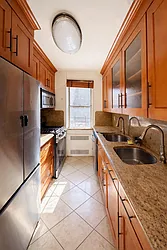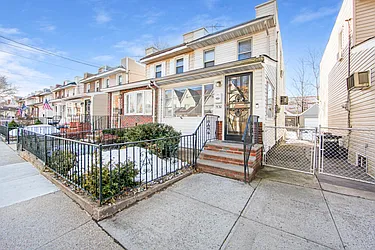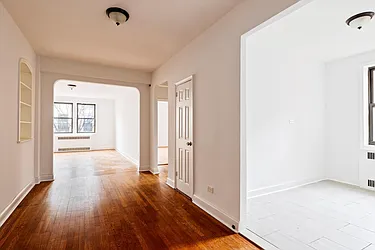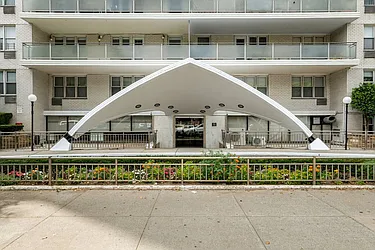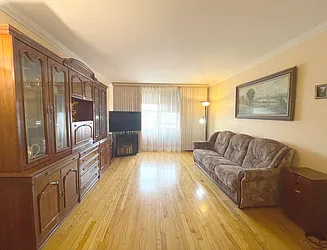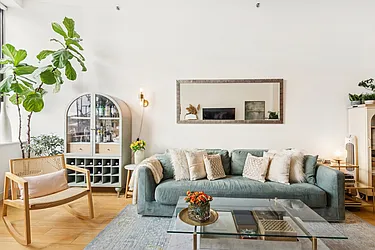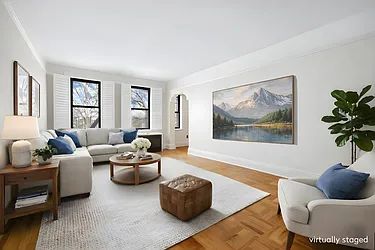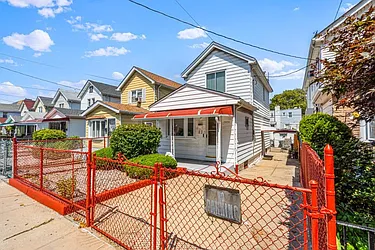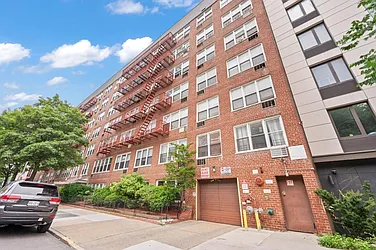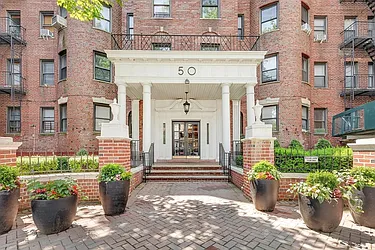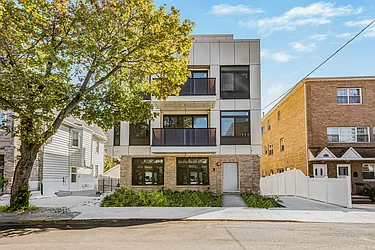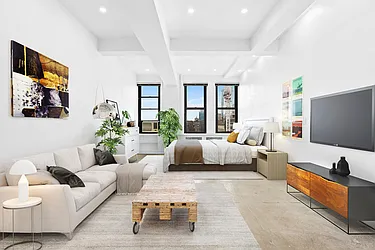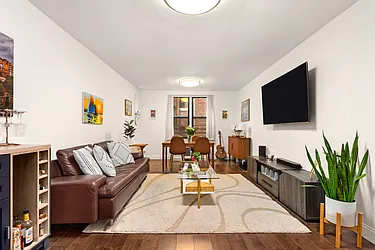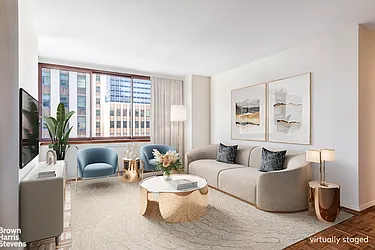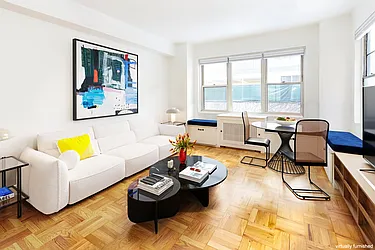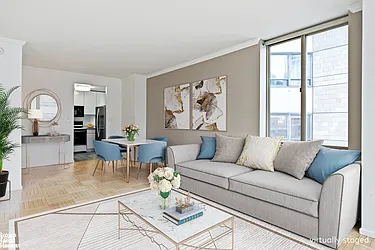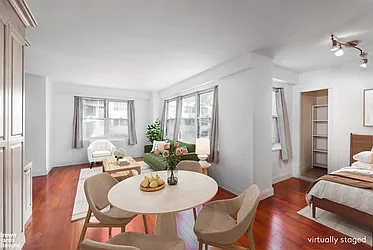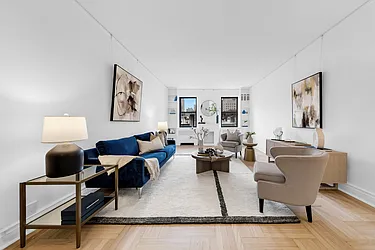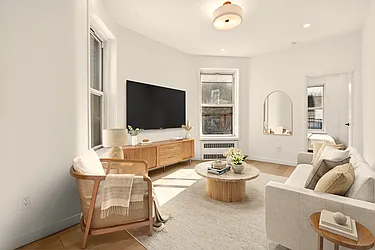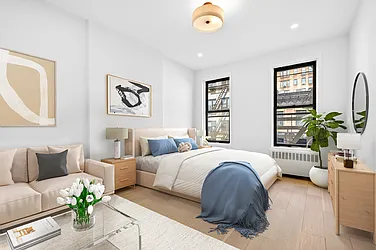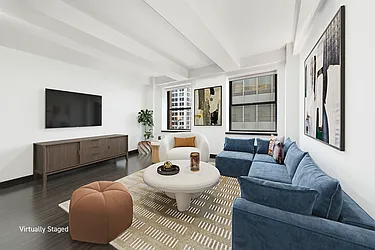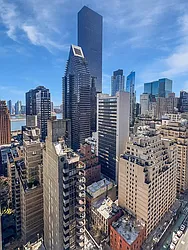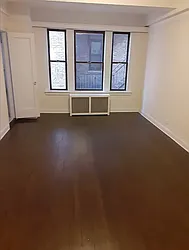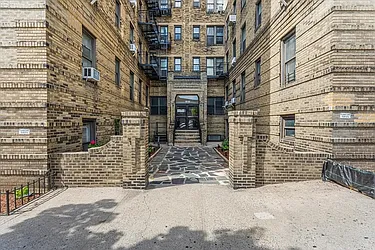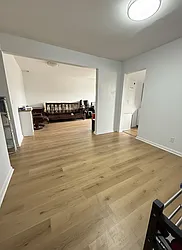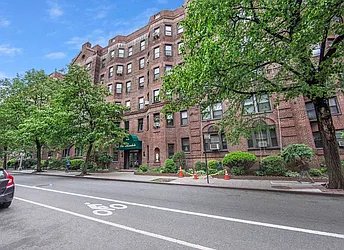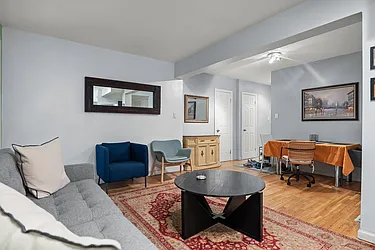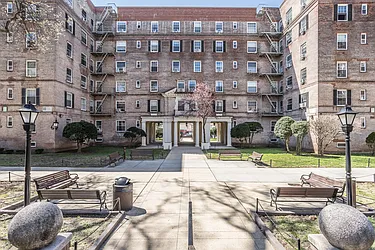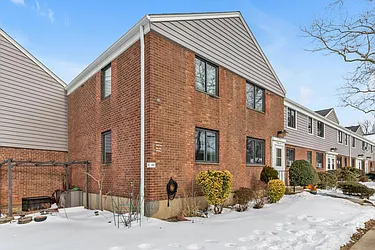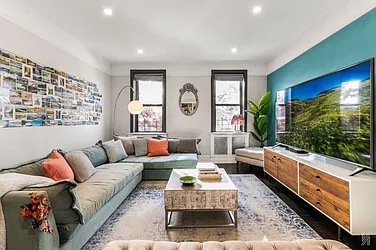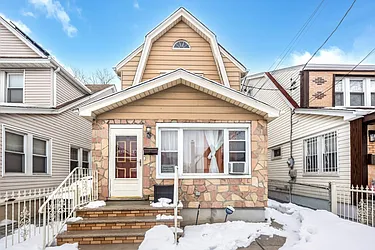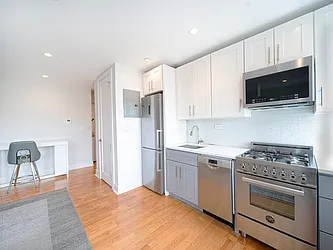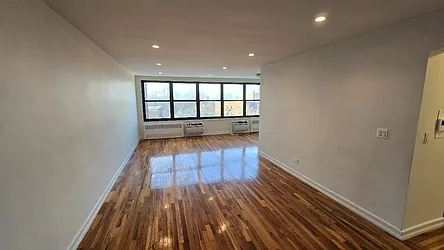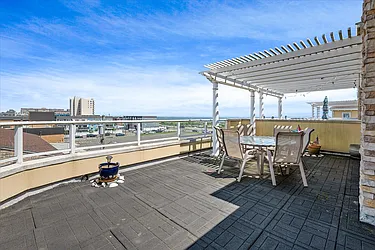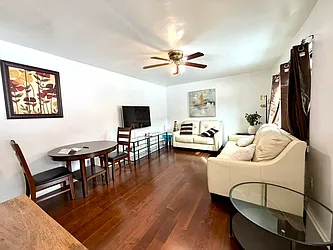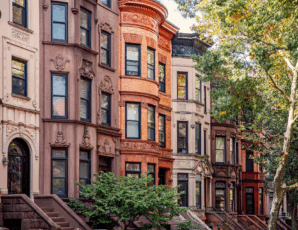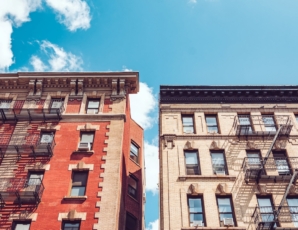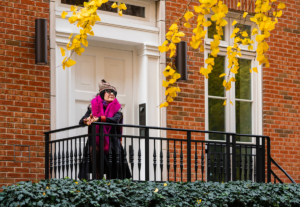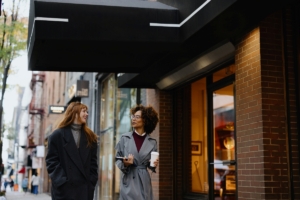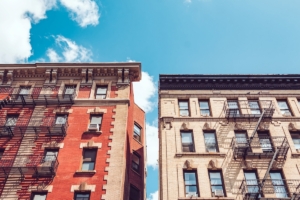Purchasing a home is a major decision, and whether you’re a first-time or experienced buyer, the process can be daunting — especially in New York City. There are a few steps toward homeownership that you should tackle before you begin shopping around: checking your credit, determining your budget, saving for a down payment, and obtaining pre-approval for a mortgage, for example. Once these things are in order, you’re ready to begin searching for homes within your budget and attending some open houses.
When going to these showings, it’s easy to forget what to look for, what questions to ask, and generally how to prepare. While you don’t necessarily have to bring any paperwork or documents, there are things you should be mindful of before, during, and after each open house. Here are 10 tips to help you prepare for attending an open house in NYC.
1. Study the Listing
Before attending an open house, one way to prepare is by examining the listing and getting a sense of what you’ll be walking into. StreetEasy listings contain rich information such as photos, floor plans (learn how to read one here), estimated monthly payments, amenities, building details, and more. Many even include videos or 3D tours of the space. All that said, a listing can only tell you so much, and there are bound to be some things you’d like to clarify or look more closely at in person. Make note of these items so you can be sure to address them when you’re at the open house.
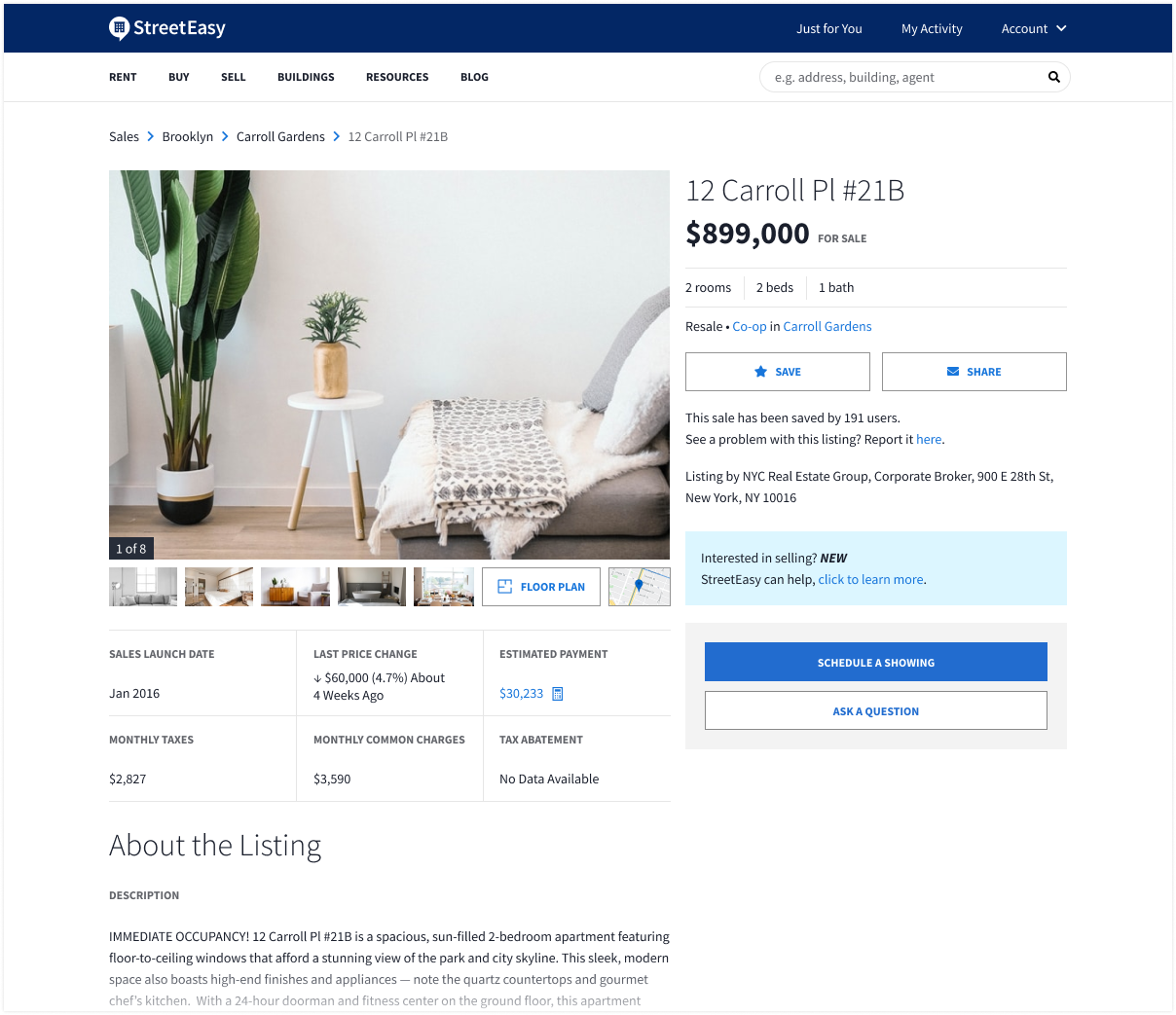
2. Prepare Your Questions
Another way to get ready for an open house is to make a list of the questions you plan to ask. These can be questions you ask yourself as you tour the space, or ask the seller. Even if you know your questions, you’re likely to forget some of them at the showing. Write them down! Here are a few to get you started:
- Closet, cabinet, and overall storage space: Is there enough?
- Floors: Are they in good condition?
- Cell reception: Do you get a good signal inside the apartment?
- Views: Do you like what you see out the windows?
- Noise: Do you hear street noise or neighbors? If so, is it at a level you can live with?
- Stairs: If there’s no elevator, consider the stairs carefully. Can you manage them with groceries or heavy packages? Are they clean and well lit?
- Amenities: What are they? Ask about the ones you value, e.g. laundry, outdoor space, fitness center, etc.
- Packages and mail: Where do they go? Is it secure?
- Internet: Which providers cover the area? Is the unit wired for Fios?
- Heating and cooling: Is there central A/C, or will you need window units? What type of heating system does the building use?
Brooklyn Homes Under $850K On StreetEasy Article continues below
3. Take Notes, Photos, and Measurements
Bring a pen and notepad (or use your phone) for jotting down your likes and dislikes, as well as any important details like building rules, monthly fees, caveats, etc. You should also make note of the condition of the home, from the floors and walls to the appliances, cabinets, and anything else you encounter. If you’d like to take photos or videos, feel free to do so, as long as the sellers don’t mind.
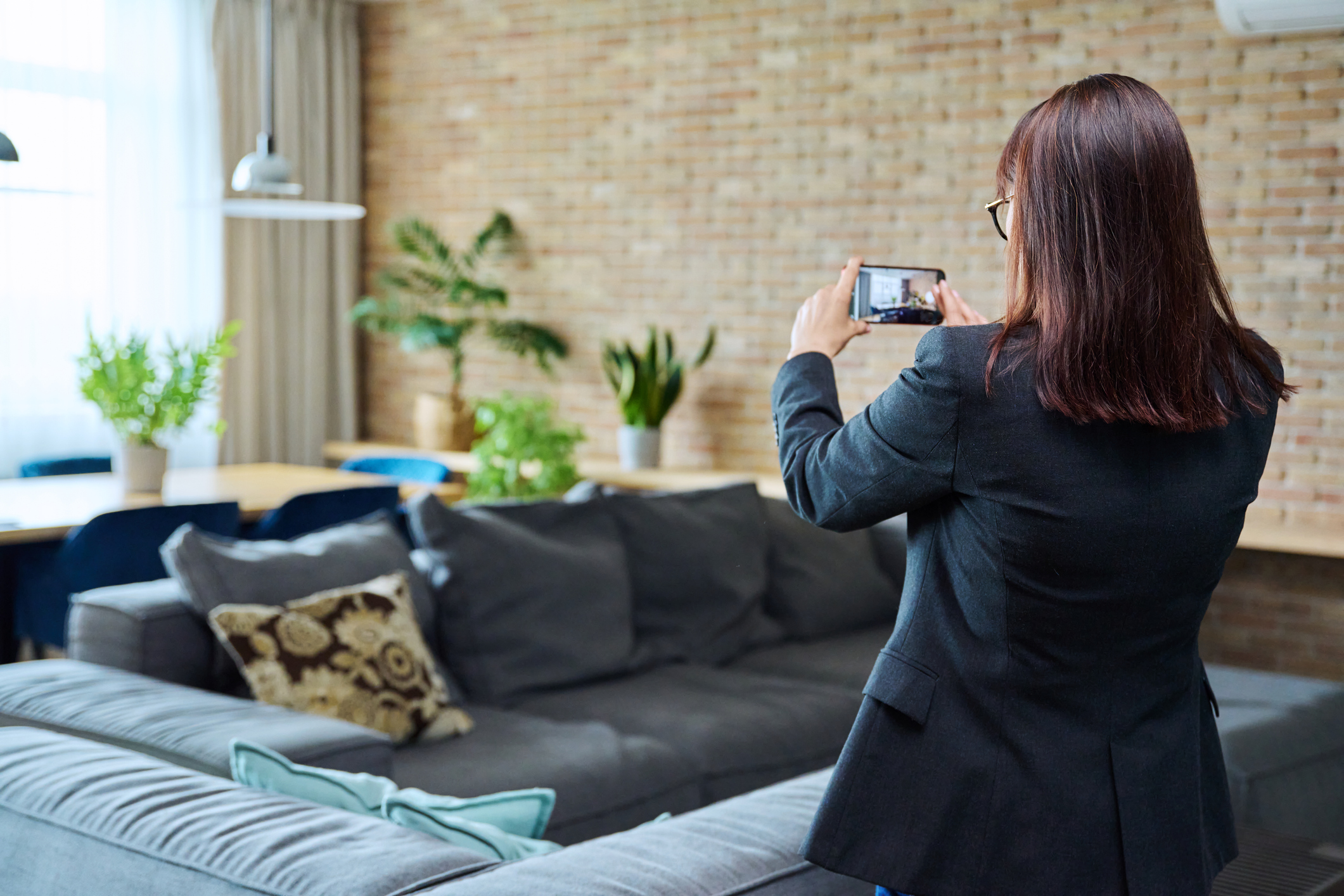
If you have furniture you love and want to bring into your new digs, it’s helpful to know the dimensions of the space you’re considering. Bring a measuring tape to the open house and write the measurements down. You can also use your phone’s built-in measuring tool, though it might be less precise.
4. Know What to Focus On
It’s okay to do some simple tests of things like the faucets and water pressure in the shower, but there’s no need to ensure every single electrical outlet is working at an open house.
“You really don’t need to focus on things like testing appliances, because if you move forward, that time will come later,” says Julia Romero, a StreetEasy Expert and licensed real estate agent with Cantor & Pecorella. “I often tell buyers not to start turning on the microwave or messing with the air conditioning. Instead, focus on the bones of the home, and have an open mind to help you see what you would do with the place.”
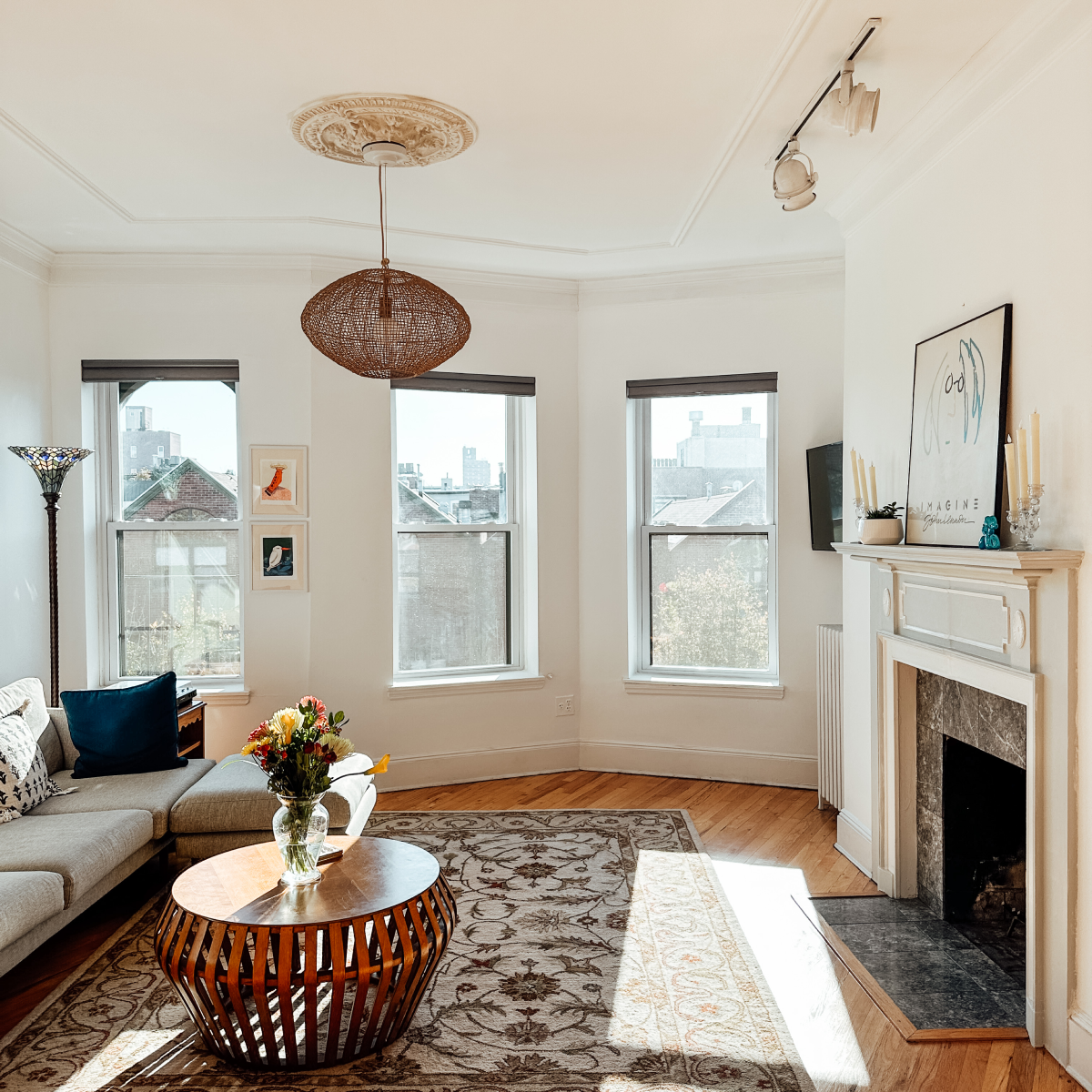
It’s also easy to get distracted by the home’s staging or decor when attending an open house. If it’s turning you off, try as hard as you can to ignore it, and remember that it can all be changed. Instead, your focus should be on factors like natural light, ceiling heights, storage space, and noise levels — things that are more difficult or impossible to alter.
5. Trust Your Intuition
Buying a home is a financial decision, but it’s also an emotional one. As you walk through the home, pay attention to how you feel in it, and listen to your intuition.
“Go with your gut,” says Carlo Romero, StreetEasy Concierge. “Can you envision yourself living in the space? Consider factors like the layout, overall ambiance, and whether it aligns with your lifestyle and personal preferences.”
And again, try not to get bogged down by the staging and interior design, as they can greatly affect the feel of the home. Visualize your own belongings and personal style in the space instead.
Thinking about buying in NYC? Chat with our complimentary, licensed Concierge to learn about the buying process.
6. Assess the Competition
The NYC real estate market is extremely competitive, and as much as you may not want to, pay attention to how many other people are scoping out the place. “One really important thing for me at open houses is to look at how many other people are there,” Julia says. “If it’s a madhouse and swarmed with 30 or 40 other buyers, you can safely assume this is going to be a competitive situation.”
You’ll want to be mentally prepared for a bidding war if you have your heart set on a popular listing, so it’s okay to inquire about the competition if you’re gearing up to put in an offer. Buyer’s agents (more on this later) are quite comfortable bringing up this topic, so if you’re working with one, you can have them ask on your behalf.
“If I’m getting the vibe that my buyer is liking the apartment, I’m going to start asking [the seller’s agent] if they have any other offers, or if anybody else has taken second or third appointments,” adds Julia. “I want to know who else is out there looking, to gauge how urgent the situation is.”
Manhattan Homes Under $1M On StreetEasy Article continues below
7. Ask About the Property’s Finances
NYC’s co-op and condo buildings always come with monthly maintenance fees for the former and common charges for the latter. These fees are subject to change, so it’s worth asking about the building’s financial standing.
“You need to know if the building’s finances are stable, if there are any assessments on the building that are ongoing or planned in the future, or if they’re going to be raising common charges or maintenance fees every year,” Julia explains. “It’s a question I think buyers should ask, and a lot of times they don’t. But it’s really important because it affects your monthly costs.”
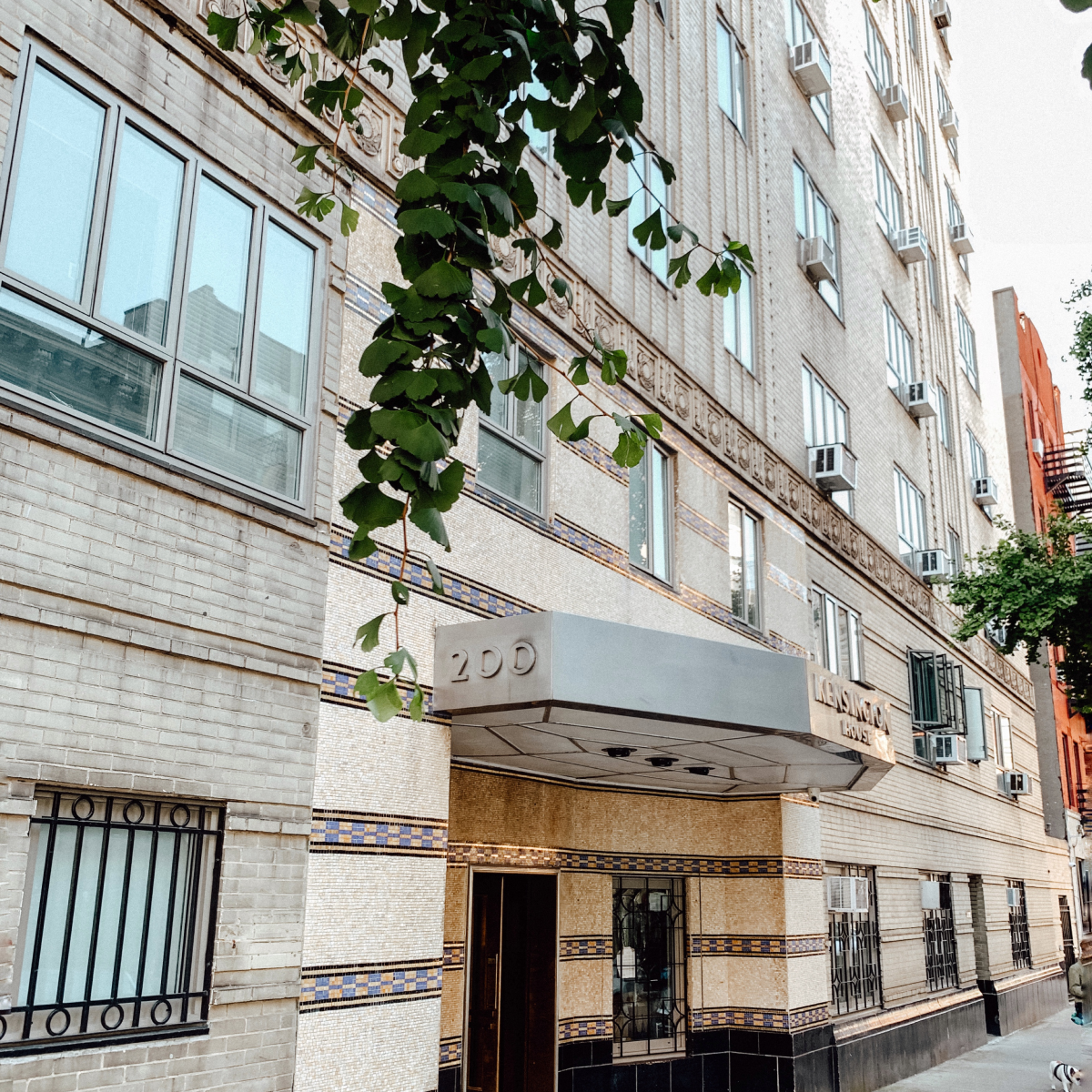
You’ll also want to find out if the building is on owned land, or if it’s a land lease. If you’re considering a townhouse or other single-family residence, make sure there aren’t any tax liens or delinquencies that could add headaches to the purchase process down the line.
8. Interact With Neighbors and Building Staff
It’s not always possible to interact with the neighbors, but if you can, definitely try to do so. A quick exchange in an elevator or hallway can give a glimpse into the community and residents’ satisfaction with the building. Talk to staff members, too: ask them about the building and observe their demeanor and willingness to help. Get permission to poke around and see the amenities and common areas for yourself, paying attention to the condition they’re kept in and if they meet your expectations.
Queens Homes Under $850K On StreetEasy Article continues below
9. Explore the Neighborhood
Whether you’re entirely new to the city or have lived here for 20 years, getting to know a home’s neighborhood can be just as important as choosing the home itself. In a StreetEasy survey of recent NYC buyers conducted by The Harris Poll, 26% experienced buyer’s remorse for purchasing in a neighborhood they didn’t really like.
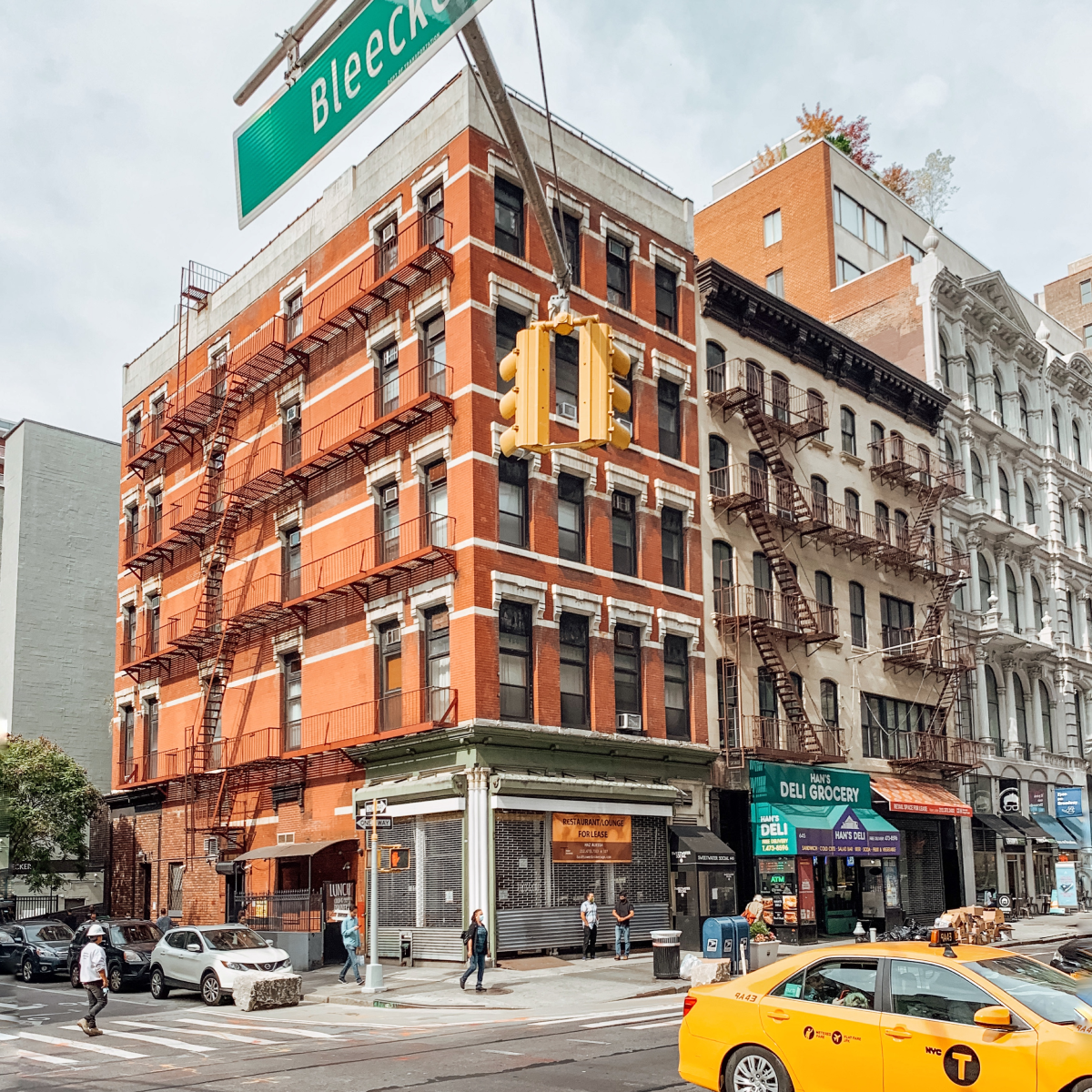
Check out the neighborhood at different times of the day or week to get a feel for what it’s really like. Find out where the nearest subway stops, grocery stores, pharmacies, parks, and anything else you need are located in proximity to your potential new home. The same goes for dining and entertainment options.
It’s also worth taking stock of what’s to come in the area. “Inquire about potential developments or construction projects in the neighborhood that may impact the property,” suggests Carlo. “This could include noise, disruptions, or potential obstructions to views in the future.”
10. Be Polite and Respectful
The last thing you want to do when attending an open house is offend anyone and end up on a “do not sell to” list. Be mindful of any critiques or opinions you might express: if you don’t like something, make a mental note but keep it to yourself. Remember that a home is personal, and the seller is still living in it.
If you’re looking at a co-op unit, how you present yourself is even more pertinent. The board can reject you for any reason, and they don’t have to tell you why. “You don’t need to dress up or put on a show, but it’s good to be professional, have a good attitude, and be likable as a buyer at an open house, because you never know what it’s going to come down to,” notes Julia. “Oftentimes, seller’s agents are looking for someone they think could be approved by the board, so being professional, likable, and engaging are all good things to do as a buyer.”
Bonus Tip: Bring Your Agent
We mentioned that a buyer’s agent can help you handle important conversations with the seller or listing agent at an open house. And there’s so much more they can assist you with, from search to close: finding and scheduling open houses to attend, analyzing the local market, coming up with an offer, and negotiating with the seller, to name a few. If you have an agent, bring them with you to showings, during which they can ensure you’re asking the right questions, focusing on what matters, and dealing with the seller and their agent strategically.
Don’t have an agent? Contact the licensed StreetEasy Concierge and have them match you with an Expert buyer’s agent, a real estate professional who’s well suited to assist you in your journey to NYC homeownership.
Curious about the value of a buyer’s agent? Speak to our licensed StreetEasy Concierge for the details and get connected with a top agent.
StreetEasy is an assumed name of Zillow, Inc. which has a real estate brokerage license in all 50 states and D.C. See real estate licenses. StreetEasy Concierge team members are real estate licensees, however they are not your agents or providing real estate brokerage services on your behalf. StreetEasy does not intend to interfere with any agency agreement you may have with a real estate professional or solicit your business if you are already under contract to purchase or sell property.
